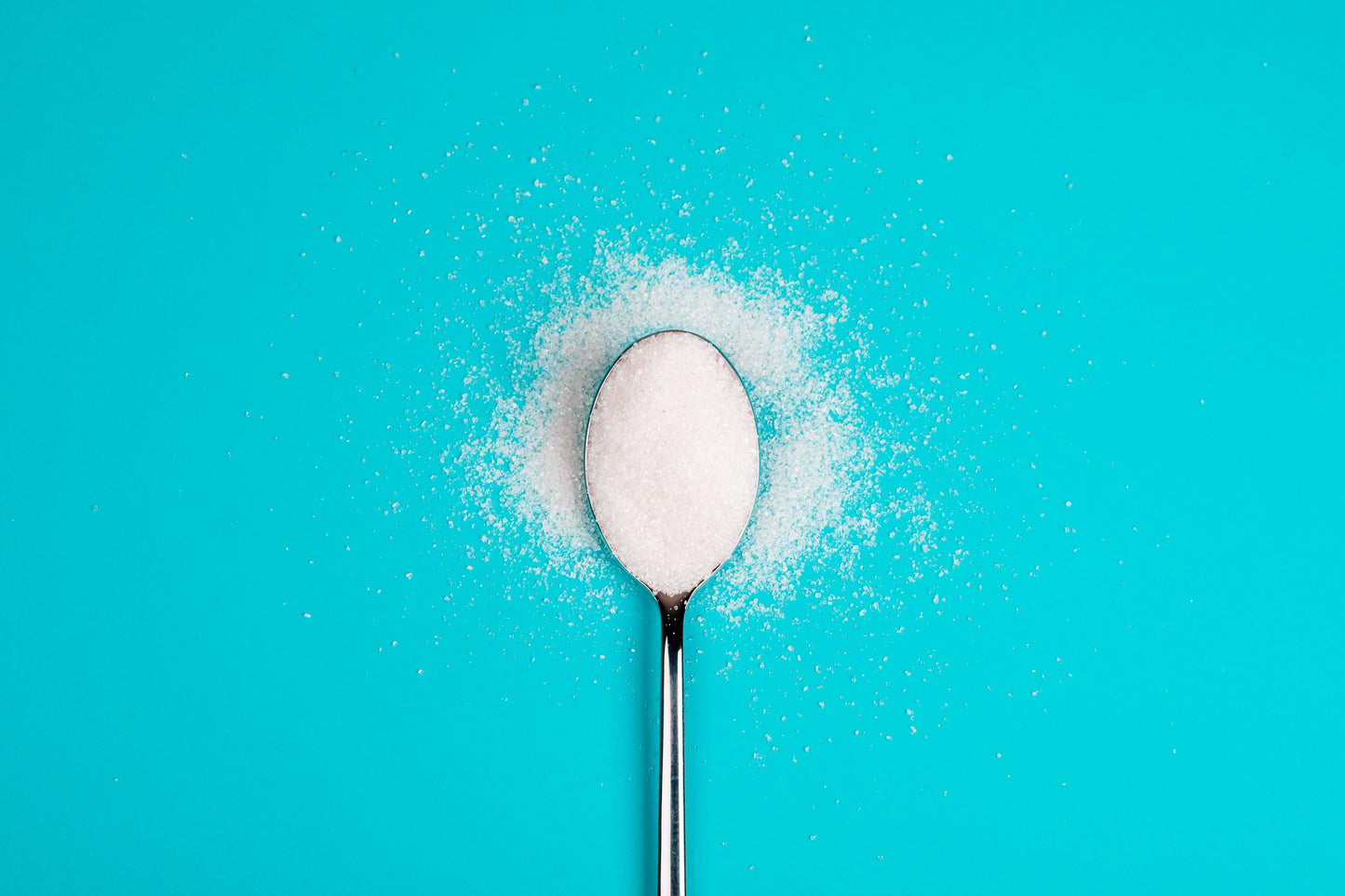
Let’s face it: not all supplements are created equal. Some, like ours, are free of unnecessary additives and fillers. On top of that, we’re transparent about what we DO put in our supplements.
Unfortunately, this is not common practice. The problem is that the FDA doesn’t regulate the supplement market and yet has cleared over 3,000 additives to be used on their list of approved ingredients. Many of these additives have been shown in studies to damage your health and yet they’re still allowed to be added to your supplements.
But why do companies feel the need to use additives? Well, they’re used for a few reasons. First, they’re used as flow agents to allow supplements to run through manufacturing machines without gumming up the equipment. Then they’re used as binders, for holding together powder ingredients that are too fluffy. They’re also used as fillers in order to bulk out capsules, make them look more attractive, improve their taste, and much, much more.
Here are just a few additives and fillers to look out for (and avoid at all costs!)
- Lactose – this common allergen is a type of sugar found in milk, and is often sourced from grain-fed cows treated with medications.
- Magnesium Silicate – often used in deodorant and cosmetics, this additive is similar in composition to asbestos and is not currently considered food grade by the FDA.
- Titanium Dioxide – this toxic additive is a colorant used to make tablets and capsules bright white and is typically used in paint, cosmetics, paper, and sunscreen. This filler has no nutritional value and can, in fact, cause damage.
- Dicalcium Phosphate – often used to bulk out capsules, this cheap form of calcium is not easily absorbed by the body.
- Sodium Benzoate – used to prolong the life of supplements, this additive becomes the carcinogen substance known as benzene when mixed with vitamin C. Ingesting foods or beverages containing high levels of benzene can cause issues such as stomach irritation, tiredness, dizziness, and even vomiting and convulsions.
- Sodium Ascorbate – unless it says differently on the label, this is made from GMO corn. GMO corn is heavily exposed to harmful pesticides and should be avoided.
- Ascorbyl Palmitate – see above. It’s likely this also comes from GMO corn.
- Cornstarch – and yet another GMO ingredient! Avoid, avoid, avoid.
- Potassium Sorbate – another additive used to extend the shelf life of food and supplements that can lead to migraines and allergic reactions in sensitive people.
- Magnesium stearate and stearic acid – used in 90% of supplements to speed up the manufacturing process and keep costs down, this additive is often derived from animals and has no nutritional benefit.
- Gelatin – an animal protein often sourced from low-quality, GMO-fed, factory-farmed animals.
- Sulfites – sulfites are known to cause severe asthma reactions and are also a common trigger for migraines.
- Citric acid – this is the chemically-made version of vitamin C, usually derived from GMO corn.
- Carrageenan – found in many supposedly healthy food items, carrageenan is used to thicken products but can cause some pretty major gastrointestinal distress.
- Hydrogenated Oils – also found in highly processed foods, these health-damaging oils contain trans fats, which are known to increase bad cholesterol (LDL) and decrease good cholesterol (HDL). In fact, according to the FDA 2020-2025 Dietary Guidelines for Americans: “As of June 2018, partially hydrogenated oils (PHOs), the major source of artificial trans fat in the food supply, are no longer Generally Recognized as Safe (GRAS).”
- Soybean Oil – the problem with this oil is that it often comes from genetically modified soy that’s been heavily exposed to chemical pesticides during production. Soybean oil can also cause problems for people with a peanut or soy allergy.
- Artificial Colors – added simply to make your supplements look more appealing, many of the bright colors used for supplements have been linked to increased allergies and various cancers, while others are derived from coal tar, a toxic substance used for roofing and exterior paints. No thank you!
These are just some of the toxic additives you should watch out for, but unfortunately, until the FDA chooses to monitor more strictly what goes into supplements, a lot of it is guesswork.
The good news is, when you buy our herbal supplements you can rest assured they never contain questionable additives and cheap fillers. For further information, check out the additive-free supplement facts tables on all of our products.





